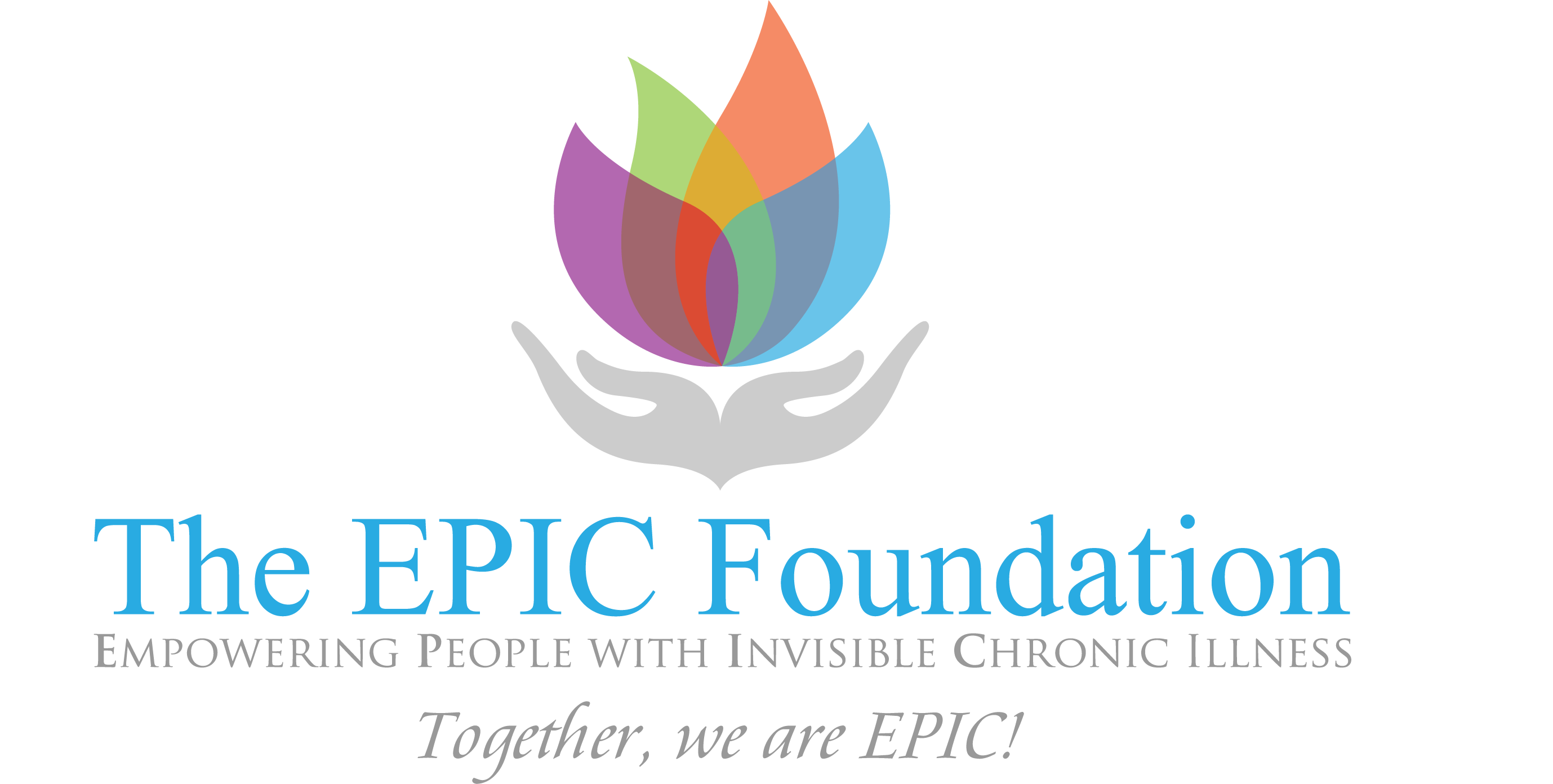Chronic Illness and Trauma
I want to validate that living through chronic illness can be quite traumatic. Sometimes friends, family, and even doctors do not recognize the trauma around this process. They may generally state that “you need to stop being so worried, anxious, or paranoid”. However, there are real life anxiety-provoking things that can happen with chronic illness such as recurrence of the disease, lack of recovery, and abandonment from family and/or friends who you trusted to stick it out.
Betsy Seifter, PhD (2010) says that trauma from chronic illness refers to both the physical impact as well as the emotional wounds. She says, “Chronic illness is traumatic on both levels–the physical, obviously, but also the mental and emotional. People who are ill very often display classic symptoms of post-traumatic stress, even if they don’t have the full-blown disorder”.
Seifter (2010) describes several ways that trauma can display itself in a person with a chronic or life threatening illness:
1. Some people who are chronically ill develop guardedness and don’t let others in. She says, “Some who are ill develop a veil of impenetrability–you can’t see in (and it’s possible they can’t see out)”.
2. Some people are in “combat mode”. They develop defensiveness and may become vigilant about what people say to them
3. Others become extremely vigilant about the return of symptoms or the recurrence of the illness OR the next symptom or exacerbation of symptoms.
According to Seifter (2010), it may seem easier for some to deny their experience as being traumatic or difficult. Though she acknowledges that some people deal better with their illnesses than others; Seifter says that it may not be best to shrug off the emotional experience of having the illness. It may be better to acknowledge the “dark side”. Specifically, she says
“By recognizing the traumatic aspects of illness the ill person can potentially break through denial, modulate obsession, lessen rage. Group therapies for people who’ve been in battle or sexually assaulted have in common a “telling” of the trauma, which robs it of some of its power to haunt; support groups for the chronically ill have a similar expressive function, as patients trade stories of their symptoms, surgeries, and treatment regimens. And a consequence of this “being in touch” with the pain-with the anger, preoccupation, sadness- can sometimes, over time, be a road to putting the illness in its place. It is part of life, sometimes overwhelmingly so; but it might not have to be all of life.”
Here are some things about our illness that we may express traumatic responses to…
1. Fear of recurrence of symptoms or lack of a cure
2. Hypervigilence around looking for the return of illness
3. Fear of getting close to others
4. Avoidance of things that we associate illness with, such as missing doctors appointments or putting off testing or surgeries
Take a moment to think about some other aspects of our illnesses that feel traumatic?
So, what is vicarious trauma in relation to chronic illness? Who is likely to experience vicarious trauma? –Spouses, parents, or caretakers may experience traumatic feelings/symptoms (just as they do loss) as they go through this process with us.
Processing the fact that living with a chronic or life threatening illness is traumatic is key to healing and emotionally dealing with the illness. Empowerment may come from telling our stories. When doing trauma work, my focus has been on primarily allowing for narration of our stories as a way of healing and empowerment. Remember these points:
- There is power in your voice!
*Narration: The details of your story never change but the way you tell the story can change. You will begin to tell your story as a survivor and not a victim. You have been victimized and the details of the story are the same. But the way you tell your story changes as you become more empowered. This is true with trauma and healing. Tony Robins, motivational speaker, talks about the power of the way we tell our stories. He tells the story of Steve Jobs (RIP). When Steve Jobs was a child, a neighbor was being mean and told him, “you were discarded and not wanted” because little Steve was adopted. His adoptive parents, however, told him, “You were CHOSEN”. He internalized what his parents told him and that is how he told his story from then on. That became is story and he reached the level of aspired greatness! - You have the right to tell your story as many times as you need to and to be listened to
- You deserve to be heard!Some ways to do this include, talking to people you can trust, such as spouse or loved one, making sure your doctors or treatment team understand your history and your medical story from your perspective, engaging in vocalizing through spreading awareness (blogs, youtube, etc.), and/or being involved in therapy where you can safely talk about the trauma around your illness.
Robbins, A. (2011) http://www.tonyrobbins.com
Seifter, B. (2010). Trauma and Illness: A Trip to the Dark Side. Retrieved March 26, 2014, from http://www.psychologytoday.com
